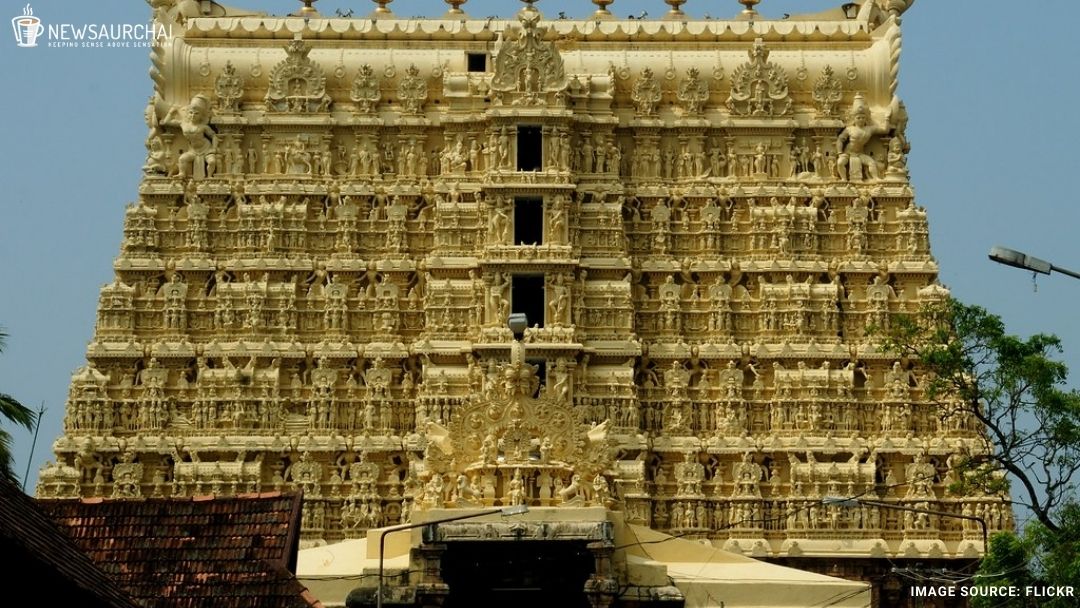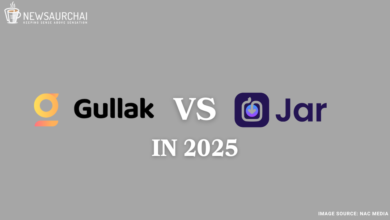
Petitions to free Hindu temples from Government’s control have been doing rounds on the internet. This comes after ‘Sadhguru’ Jaggi Vasudev, on March 11, 2021, demanded that Tamil Nadu’s temples be freed of the same. The State is about to hold elections soon, and Jaggi sought Chief Minister Edappadi Palaniswami, DMK Chief MK Stalin, and actor Rajinikanth on this issue.
Core Issue
The Government controls temples in the majority of states. An estimated 4 lakh out of the 9 lakh temples present in India are under government control.
‘Control’ in this case means appointment of administrators and collection of 13% to 18% service charge. Proponents of removing the various State acts that give control of temples to the Government argue that India being a secular country, should have no relation with religious institutions’ functioning. It has been pointed out that churches, mosques and gurudwaras do not come under any religious acts and are entirely free from government control. There are demands to amend The Hindu Religious and Charitable Endowments (HRCE) Act, 1951, which gives state governments the power to make laws related to temple control.
Cases of idols stolen by HRCE officials are also a significant point of concern. These idols are doing rounds in foreign markets. Embezzlement of funds and gold has also taken place by these officials.
Famous Opinions On ‘Free Hindu Temples’
Padma Vibhushan awardee and founder of Isha Foundation, Jagdish Vasudev argues that, “We live in times where we understand that the Government should not manage airlines, airports, industry, mining, trade — but how is it that the Government can manage sacred temples? What qualifies them?” His specific demand for Tamil Nadu is highlighted by the fact that the State is about to hold polls soon.
Veteran Congress leader Prithiviraj Chavan suggested that gold lying in Indian temples worth at least 1 trillion should be borrowed by the Government at low interest rates to help the country recover from poor economic conditions after the lockdown. He tweeted, “Government must immediately appropriate all the gold lying with all the religious trusts in the country, worth at least $1trillion, according to the #WorldGoldCouncil. The gold can be borrowed through gold bonds at a low interest rate. This is an emergency.” This led to backlash from the BJP, and a leader suggested that the Congress first get back all the money Indian taxpayers have lost in Congress led scams.
Noted Supreme Court Lawyer J. Sai Deepak said, “To the contrary, there is no such control over mosques and churches. We demand that in the same way, temples should also be freed from any control. The Government must amend the Act, which is the root cause of the problem,”
National Spokesperson of the Vishwa Hindu Parishad says that the British’s historical mistake and subsequently the Nehru needs to be corrected and that temples need to be completely autonomous.
BJP leader Subramanium Swami has also supported the accessible temple cause. He had approached the Supreme Court to free the Sabrimala temple from government control.
A change.org petition demanding autonomy of temples says that the Tirupati temple recently had a Christian as the Chief Executive. Kali Bari Mandir in Bengal has a Muslim as its Chief Executive.
Explanation By Government Bodies
An ex-HRCE official explained. He said that the 4-12% of the department’s income is not out of the Temple’s complete collection but is calculated after some deductions like renovation funds and the like. He also said that this money is only used to pay officials’ salaries, including Commissioners and Executives, and nothing else. The Government cannot take the Temple’s money and use it as they wish.
The Kerala High Court has even said that donation from a temple’s coffers to Covid relief was illegal. The money could not be used by any government agency and had to be used for religious purposes.
Some have also argued that without government oversight, mismanagement might become rampant. Advocate Laxmi Narayanan says, “Yes, corruption happens in some places even if the Act is in place, but who is to say that it won’t, without it? Even in cases where there are hereditary trustees, there can be a dispute between the heirs about who gets to be one. If a person is going to embezzle funds or indulge in malpractice, there has to be regulation to ensure that he/she is accountable.”





